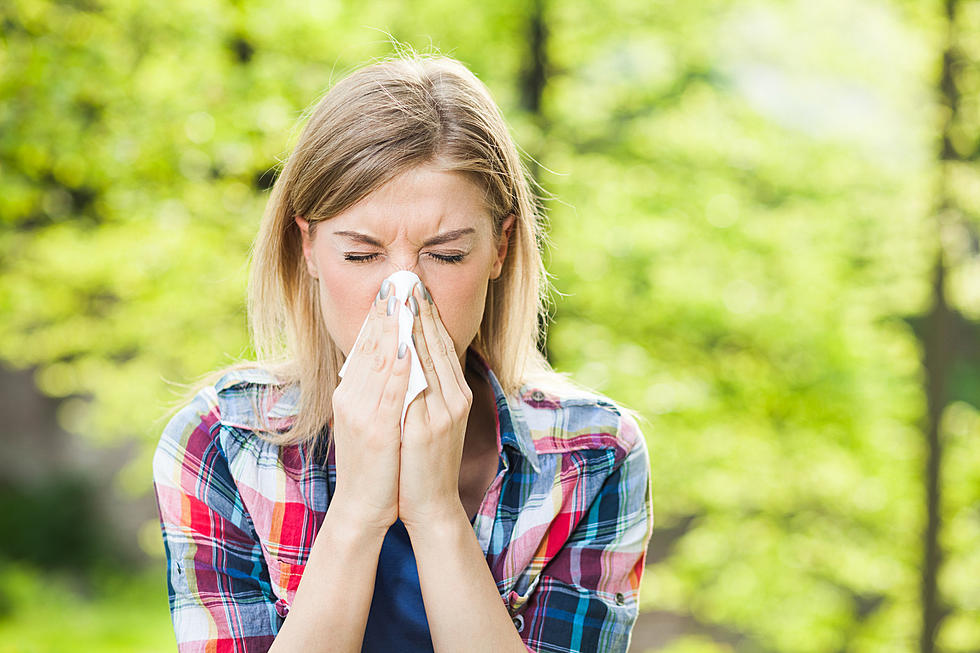
Four Ways to Ease Your Spring Allergies
Here are some ways to make spring easier on you:
- Jupiterimages/ThinkStock
Jupiterimages/ThinkStock 1Reduce Your Exposure
Stay indoors on dry, windy days. The best time to go outside is after a good rain, which helps clear pollen from the air. Delegate lawn mowing, weed pulling, and other gardening chores that stir up allergens. Remove clothes you've worn outside and shower to rinse pollen from your skin and hair.
- Photodjo/ThinkStock
Photodjo/ThinkStock 2When Pollen Counts are High
Check your local TV or radio station, your local newspaper, or the Internet for pollen forecasts and current pollen levels. If high pollen counts are forecasted, start taking allergy medications before your symptoms start. Close doors and windows at night or any other time when pollen counts are high. Avoid outdoor activity in the early morning when pollen counts are highest.
- diego_cervo/ThinkStock
diego_cervo/ThinkStock 3Spring Cleaning
Use the air conditioning in your house and car. If you have forced-air heating or air conditioning in your house, use high-efficiency filters and follow regular maintenance schedules. Keep indoor air dry with a dehumidifier.
- micro10x/ThinkStock
micro10x/ThinkStock 4Over the Counter Remedies
Antihistamines can help relieve sneezing, itching, a runny nose, and watery eyes. Examples of oral antihistamines include Claritin, Alavert, Zyrtec Allergy, and Allegra Allergy. Decongestants. Oral decongestants such as Sudafed and others can provide temporary relief from nasal stuffiness. Decongestants also come in nasal sprays, such as Afrin and Neo-Synephrine. These should be used sparingly.
More From Lite 96.9 WFPG









